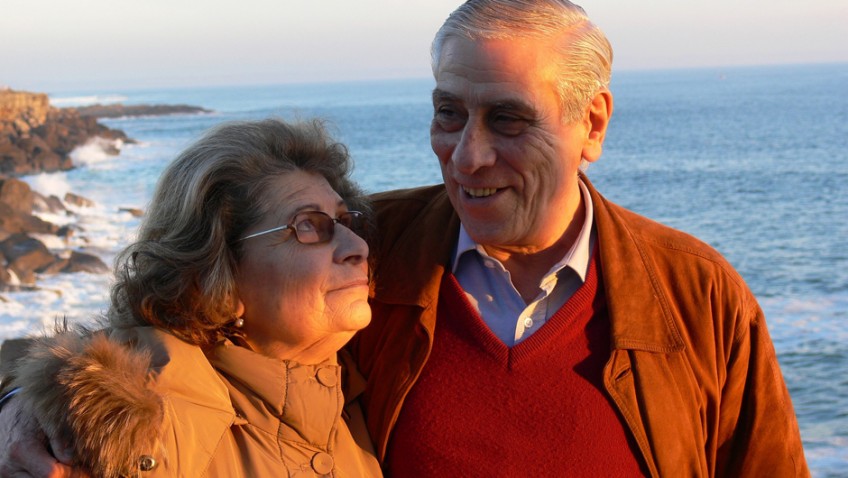When ageing and health issues combine with reduced mobility many elderly people lose their confidence outside of the home. Arranging the holiday itself can be stressful and often the subsequent journey can be doubly so.
Many of us accompany our elderly relatives and friends on holiday to provide them with the opportunity to see new places which they may not have the confidence or ability to do alone.
Practical considerations such as disabled facilities and location of the venue are usually foremost in our thoughts when deciding where to go, but how many times do we give consideration to other aspects that will make the holiday enjoyable for all?
Most of us are familiar with making sure there are the facilities to cater for mobility, dietary and health issues, but the planning needs to start before the hotel is booked. The journey can so often set the tone for the rest of the holiday. Arriving stressed, tired and weary is not the best start to a relaxing break.
Understanding the issues
Travelling can be demanding and uncomfortable for many elderly people and so understanding the best way to arrive at your chosen destination is vital. There are benefits and downsides to all methods and so it’s important to understand the issues you are trying to alleviate. Journeying by car or coach gives a deal of flexibility, providing the opportunity for frequent stops to be made, allowing legs to be stretched, meals to be eaten and comfort breaks taken.
Coach travel takes away the concern of deciding the route, but passengers have to fit in with a schedule and negotiating additional stops can be stressful. During peak holiday time roads all too frequently become congested and being stuck in a motorway traffic jam is no fun for anyone.
Heat and discomfort can be very distressing for the elderly especially when coupled with having nothing to drink and no toilet facilities. With this in mind, planning a route away from the motorway network can often be less problematic.
Plan ahead
Allowing sufficient time for the journey is key to stress-free travel – especially if you need to catch a ferry, or be at your destination at a specific time. The benefit of planning ahead cannot be overstated and if your map reading skills are not as accurate as you’d like, then obtaining a route from motoring organisations is an option.
Rail travel can often be quicker and may be worth considering if you want to make a long journey. Moving about on a train can be an issue for those with mobility issues, so do bear that in mind. Check out discount train fares and be mindful that the time of day that travel is taken often dictates the price. Travelling 1st class at the right time of day may be an option and does give the passenger more space whilst regular refreshments are brought to your seat; minimising the need to get up and walk about.
The practical assistance needed at your chosen location are the things that are usually foremost in our minds – for instance the availability of lifts and doors wide enough for wheelchairs. It is also essential to consider where the accommodation is, as well as what it offers.
If it’s very well equipped and ideal for your relative, but is on a steep hill with no pavements then this may not be ideal for getting out and about in the location. Making sure that you can park conveniently is also worth checking. If your elderly relatives would like some independence when you’re away and they do not drive, make sure that you find accommodation on a local bus route or near the train station. And somewhere that is not in the middle of nowhere so they have the option of taking a stroll if they wish.
Comfort and security
What we may not so readily consider are those things that can give some home comforts and a sense of security to our relative. Having a familiar setting, or familiar things around can help make them feel more comfortable. So if that’s important for them, consider taking something with you that they value. It may just be a much loved photograph or their favourite music on a CD. If you’re self-catering, maybe their own clock or cassette player – whatever it is that is important to them. This will really help them settle in to their new holiday destination.




